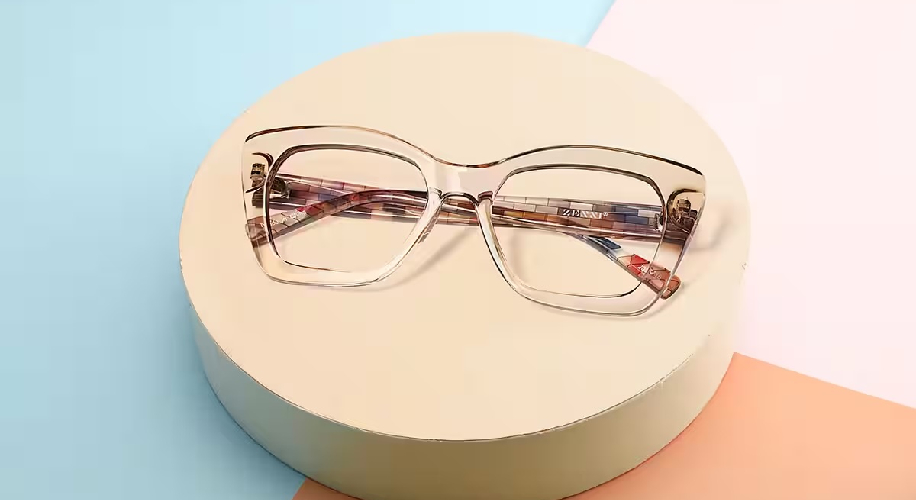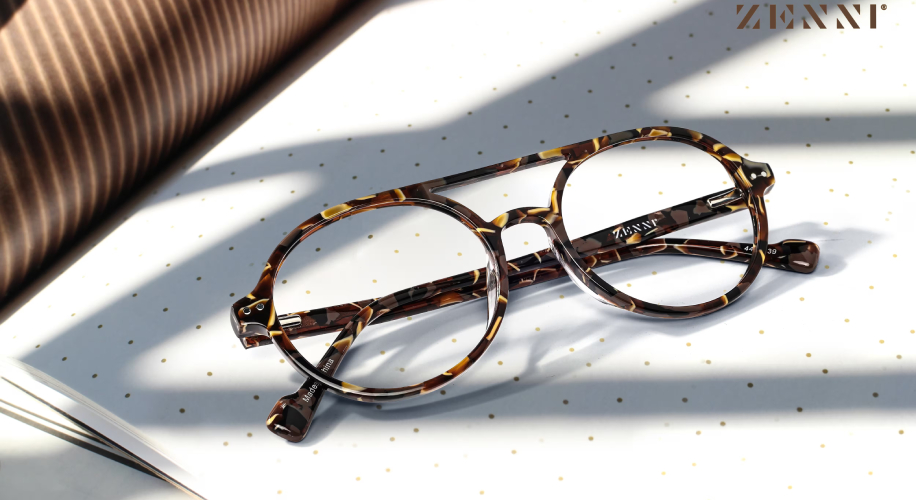Does Wearing Glasses Make Your Eyes Weaker?
One of the most common concerns among those considering glasses for the first time is whether wearing them will weaken their eyesight over time. This concern often stems from a misunderstanding of how glasses affect vision. Let’s delve into the science behind this myth and provide clarity on the matter.
Photo by Karolina Kaboompics
The Role of Glasses
Glasses are primarily prescribed to correct refractive errors such as nearsightedness (myopia), farsightedness (hyperopia), astigmatism, and presbyopia. These conditions occur when the shape of the eye or the curvature of the cornea prevents light from focusing directly on the retina, resulting in blurry vision. Glasses work by altering the way light enters the eye to compensate for these irregularities. They provide a clearer image by focusing these light rays precisely onto the retina.
Addressing the Myth
Contrary to popular belief, wearing glasses does not weaken your eyesight. This myth often stems from anecdotal experiences or misunderstandings about how vision works. Refractive errors are caused by physical characteristics of the eye, not by wearing glasses. In fact, glasses provide the necessary correction to help you see clearly. Here’s why:
- Vision Correction: Glasses compensate for the refractive error of your eyes. They do not change the physical structure of your eye or its ability to see. Therefore, wearing glasses simply enhances the clarity of your vision while you wear them.
- Natural Eye Changes: It’s natural for eyesight to change over time due to various factors such as aging, genetics, and lifestyle. These changes are not caused by wearing glasses but rather reflect the natural progression of your eyesight.
- Preventative Measures: In some cases, wearing glasses can actually be beneficial in preventing eye strain and fatigue. By providing clear vision, glasses reduce the effort your eyes need to exert to focus properly, especially for activities like reading or using digital screens.
Shop These Frames
Myopia and Glasses
Myopia, or nearsightedness, is a condition where distant objects appear blurry while close objects are clear. Nearsightedness often develops during childhood and adolescence and normally stabilizes in early adulthood. Research suggests that while the prevalence of myopia is increasing globally, wearing glasses does not directly cause it to worsen. Instead, lifestyle factors such as increased near work (like prolonged reading or screen time) and genetic predisposition play larger roles in its progression.
Children and Glasses
Parents often express concern about whether glasses for children may weaken their eyes over time. The reality is that prescribing glasses to correct vision problems in children is crucial for their development and learning. Uncorrected vision issues can lead to developmental delays and educational challenges. Wearing glasses as prescribed by an eye care professional is essential for children’s visual health and academic success.
Vision Changes Over Time
It is true that many people experience changes in their vision over time. Presbyopia, for example, is a common condition that typically begins around age 40. It occurs when the lens of the eye gradually becomes less flexible, making it difficult to focus on close objects. This natural aging process affects everyone to some degree and is not caused by wearing glasses. Presbyopia is easily corrected with reading glasses or multifocal lenses, allowing individuals to maintain clear vision for close-up tasks.
Shop These Frames
Vision changes over time are natural and influenced by various factors, but wearing glasses does not accelerate these changes or make your eyesight worse. Instead, they provide necessary vision correction to help you see clearly and comfortably. If you notice changes in your vision or if you’re experiencing discomfort, it’s important to consult an eye care professional for an updated prescription or evaluation.







 United States
United States